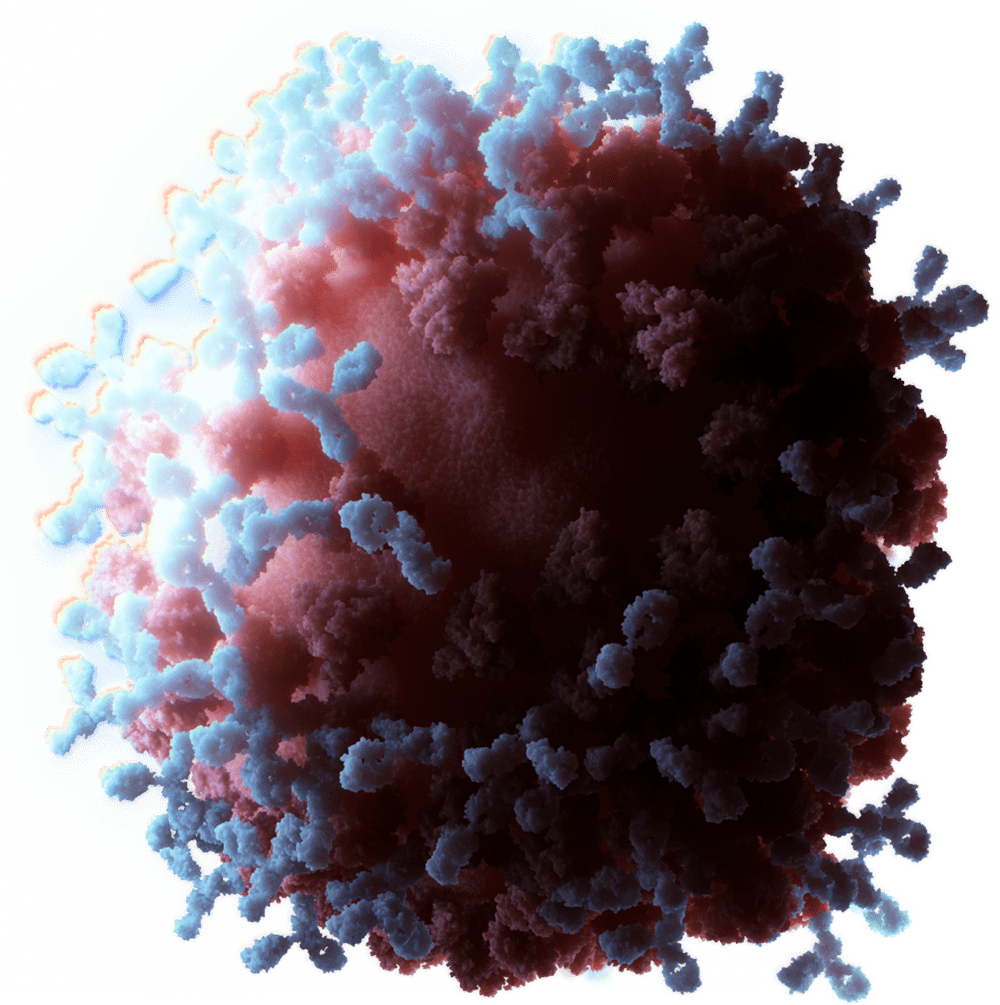This endowment honors Paul Bornstein, M.D. and was established by his wife Helene Sage, Ph.D. Both Dr. Bornstein and Dr. Sage studied biochemistry and were faculty members at UW Medicine.
Dr. Bornstein graduated from Cornell University with a B.A. in 1954, and from New York University Medical School in 1958. He interned for the next year at Yale New Haven Hospital (Surgery) and later switched to Medicine, where he was Senior Assistant Resident until 1962. Paul became excited about biomedical research during his Postgraduate Fellowship from the Arthritis Foundation, that took place in Paris at the Pasteur Institute. This tenure was followed by several years at NIH as Research Investigator and Senior Surgeon with the USPHS where Dr. Bornstein served with the Coast Guard.
Dr. Bornstein’s many offers for faculty positions (offers from Duke, Yale and the University of WA) made the choice difficult until he saw Mount Rainier. After that view, he made a permanent career at the University of Washington, with joint appointments in the Departments of Medicine and Biochemistry; he was promoted to Professor in 1973. Visiting professorial appointments included the University of CA, San Diego, the Weizmann Institute, Rehovot, Institut de Chimie Biologique, Strasbourg, France, and the Whitehead Institute, Cambridge, MA.
Dr. Bornstein’s career was productive, important, and meritorious. He was the recipient of many awards, some of which include Phi Beta Kappa, NY State Regents Scholarship in Medicine (1956), Wertheim Award (NYU), the Lederle Medical Faculty Award (1968-71), Association of American Physicians (1974), Josiah Macy Faculty Scholar Award (1975), John Simon Guggenheim Memorial Fellowship (1985), and the Solomon Berson Alumni Achievement Award in Basic Science (NYU School of Medicine, 2004), this being the one of which he was most proud. His funding was consistent and representative of many disciplines- he received a Research Career Development Award from NIH (1969-1974). Dr. Bornstein also received a MERIT award for this grant, from the NIAMSD.
One of Dr. Bornstein’s major achievements was the founding and promotion of the American Society for Matrix Biology and was President of both this and the International Society for Matrix Biology. He also served as Member, Chair, and Editor of numerous prestigious scientific journals, including The Journal of Biological Chemistry and The Journal of Cell Biology, and contributed his expertise to external advisory boards, NIH study sections, special meetings in the US and abroad, and to companies specializing in connective tissue/wound healing/biodevice products.
It is probably for his research and contributions to basic science that Dr. Bornstein will be best remembered. He is the author of over 300 primary, peer-reviewed publications, book chapters, and reviews. Initially, his specialty was collagen biochemistry, cellular synthesis and secretion of collagen, and the characterization and identification of different genetic types of collagen. During this time, many graduate students, postdocs, and clinical fellows studied in Dr. Bornstein’s lab (Helene was one of them). Dr. Bornstein’s lab rapidly moved forward with an interest in blood vessels, blood vessel disease, and proteins secreted by cells comprising the vasculature. The platelet protein thrombospondin received a major part of the lab’s attention and was the choice of the first “knockout” mouse in Dr. Bornstein’s career. It had many interesting characteristics, including a prehensile tail that earned it a cover photo in the Journal of Cell Biology.
Dr. Bornstein was a clever molecular biologist and could clone almost anything. He was also a wise and patient advisor who told his trainees that three elements were required for success in research: intelligence, hard work, and good luck. His “graduates” have achieved recognition and valued positions in science, including department chairs, institute directorships, and leadership roles in the private sector.
Dr. Helene Sage earned her A.B. from Mount Holyoke College in 1969 and went on to complete her Ph.D. at the University of Utah in 1977. For her postgraduate training, Dr. Sage joined the UW Medicine Department of Biochemistry where she studied in Dr. Bornstein’s lab. She went on to hold faculty positions with the Departments of Biochemistry and Biological Structure from 1980 until 2013. During this time, Dr. Sage served as a visiting professor and scientist including positions with Zymogenetics, Harvard Medical School and the University of Oxford Centre for Mathematical Biology. Dr. Sage joined the Hope Heart Institute in 1999 serving as chair and then member of the Department of Vascular Biology. She continues today to serve as a member and chair of the Hope Heart Program at The Benaroya Research Institute at Virginia Mason.
Dr. Bornstein and Dr. Sage retired to New Mexico and enjoyed the change from their many years in Seattle. Dr. Bornstein wrote a short memoir of his early life, Exodus from Belgium in 1940 before his passing in 2013. It is Dr. Sage’s hope that the Paul Bornstein, M.D. Lecture will serve as a continuation of the discovery and education that Dr. Bornstein led during his tenure at UW Medicine.
Presenters
2016 Elaine Fuchs
2017 Clare Waterman
2019 Jody Rosenblatt
2022 Ahna Skop
2024 Kandice Tanner
2025 Anna Huttenlocher
